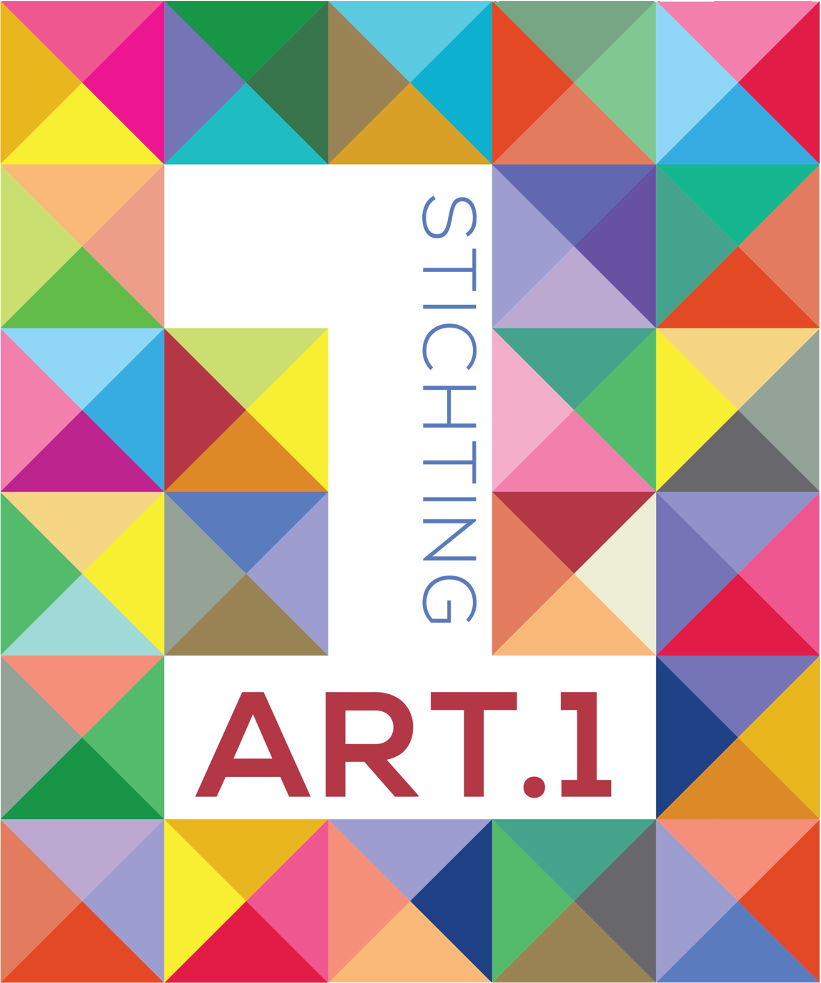Youth Artivists for Change
Menu
The EU LGBTI II survey provides comparative evidence on how LGBTQIA people in the EU experience discrimination, violence and harassment in various areas of life (European Union Agency for Fundamental Rights, 2020).
Among these areas, the LGBTQIA!+ project addresses education and health, the latter considering health as bio-psycho- social and adopting a primary prevention perspective.
Psychological literature explains that social relationship strength moderates the link between exclusion and depression symptoms (Woznicki et al., 2020).
That’s why one of our specific goals is to raise social support towards the LGBTQIA+ community by building a solid social capital characterised by a climate of trust and social awareness.
Moreover, nowadays hate speech and violent episodes occurred in many contexts. Schools and education settings are not an exception and two data from the EU-LGBTI II 2019 survey show that: 19% of respondents felt discriminated against in educational settings, moreover, the majority of LGBTI respondents aged 15-17 have experienced discrimination in some area of life (53%).
Therefore, this project also acts through non-formal educational intervention, an advocacy-based service learning program, involving high school students (WP3).
Other issues the project handles are the low satisfaction with own country’s government efforts responded to prejudice and intolerance against LGBTI people and low openness about being LGBTQIA+ in Europe (FRA, EULGBTI II, 2019).
The former will be coped through the creation of roadmaps addressed to policymakers, as a result of the community visioning activity (WP2); the latter through artivism training which reinforces confidence regarding social LGBTQIA+ identity expression (WP4).
This project was built up by the partners by the use of the theory of change (ToC), preceded by a thorough needs and context analysis. ToC is an approach to strategic design that guarantees good internal coherence between impact objectives, outcome, output, activities and input. Furthermore, the project is inspired by the principles of the publication “What works in prevention: Principles of effective prevention programmes.” (Notion et al, 2003) in that it operates on several levels and settings, is theoretically grounded, is culturally relevant, provides for mixed methods teaching, places an important focus on evaluation and is supported by an interdisciplinary but competent and trained partnership.


Founded in 2011, Stichting art.1 is dedicated to the empowerment and visualization of minorities through the arts, with a mission to create a safer space for communities based on human / LGBTQ+ rights and starting a conversation through Artivism.